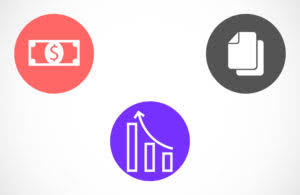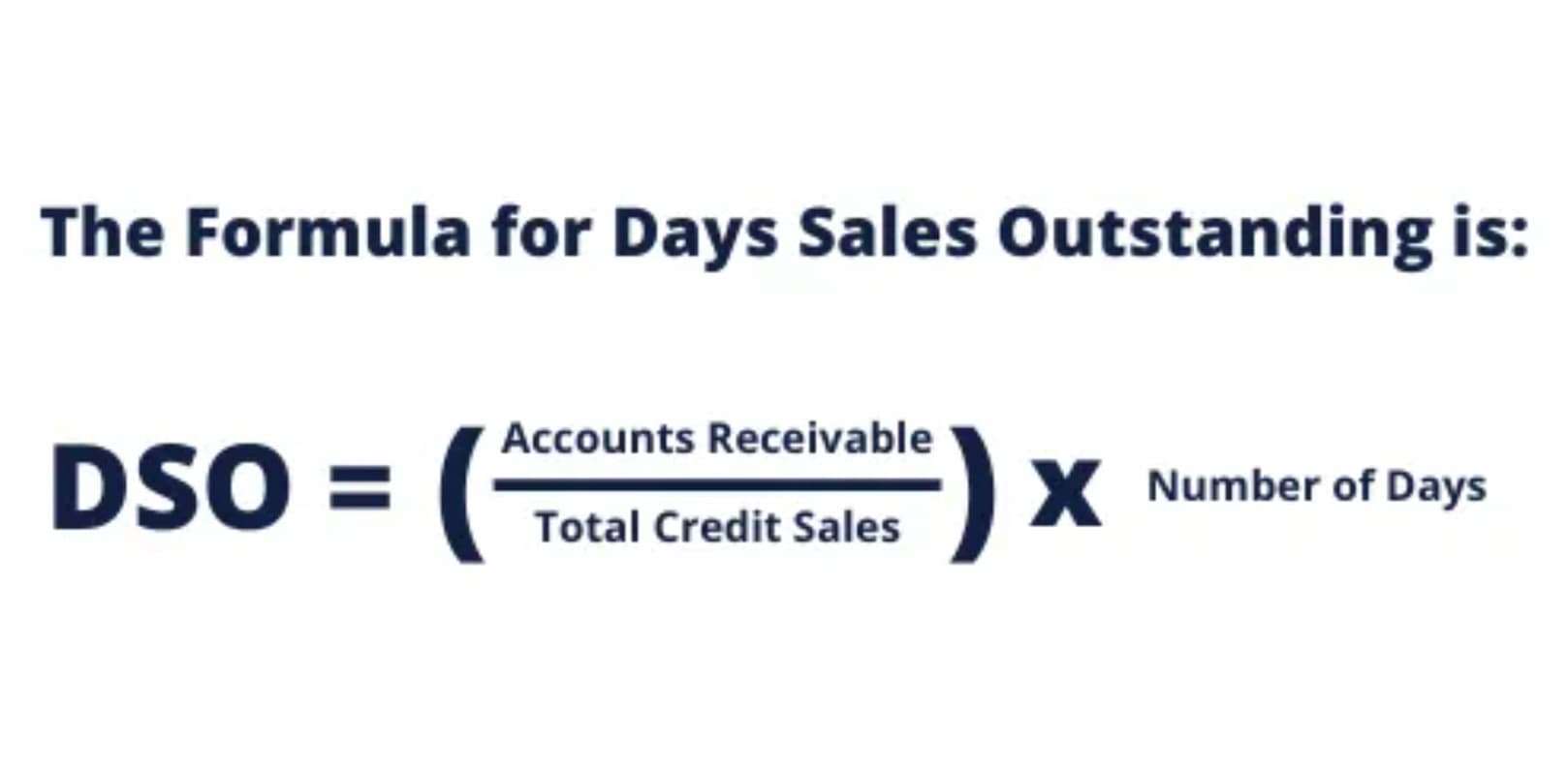Content

The more organized you are, the easier for you to manage your business. About40% of small business ownersbelieve bookkeeping and tax preparations are the worst part of running a business. Approximately 47% say they are against the financial cost, and 8% hate all the paperwork.
Getting your books together and producing financial statements is the only way to gauge the financial health of your small business. You need to know your net profit in order to do your taxes, and to figure that out, you need to know your total income and expenses.
More Small Business Accounting Resources
If you want your business accounting books to be accurate, keep them organized and up-to-date. Since the bottom line with small-business tax prep is to be diligent, thorough, and in the loop at all times, talk to a tax pro to get help collecting sales tax correctly. Now that you know some of the key terms, you need to put them to use! There are three basic documents that will help you answer critical questions about your business.
- The main difference between the four plans is the number of different clients that are allowed to be billed per month.
- Similar to vehicle expenses, you need to calculate what percentage of your home is used for business and then apply that percentage to home-related expenses.
- But before you sign off on the debt, it’s important to make sure the numbers make sense.
- Maybe your business is doing just fine with you handling the bookkeeping end of things.
- You can have different staff classifications, such as employees and contractors, but it is important to identify each staff member properly to maintain the accuracy of your financial books.
Good preparation and documentation are critical for paying taxes on time. Of course, it’s always possible to handle bookkeeping internally. If your business chooses to keep this task in house, it’s best to stick to a predictable expense tracking schedule. Developing a bookkeeping routine prevents you from accidentally forgetting important steps in the accounting process. When you start a business, open a separate bank account that will keep your business finances separate from your personal ones.
Plan Ahead for Taxes
With cash accounting, you record each transaction when it occurs. So you put a purchase or sale in the books after the money has changed hands. In accrual accounting, you immediately record a purchase or sale, even if no one has paid anything. Accrual accounting offers a fuller picture of assets and liabilities on your company’s balance sheet, providing a better sense of your profitability. Income statement – this section uses information from your transactions worksheet to calculate how much money your business has earned and spent over a specified period of time. You can then use that information to create a cash flow statement and ultimately other financial reports like income statement and balance sheet. The costs a small business or nonprofit incurs for bookkeeping will depend upon many variables.

Project your desired revenues for your business entity at that future date. You’ll set up a long-term vision of what you want your own business to achieve and work backward to arrive at immediate priorities to focus on.
Insuring Your Business: 5 Questions and Answers About Business Insurance
I don’t have a ton of suggestions here as there are so many models and it depends on if you’re a Mac or PC person. They’re both very good apps, so again, you’ll have a decision to make. Based on whether you go with Xero, QuickBooks Online, or both, the next thing you’ll want to do is get certified so that you actually know how to use the software. Down the road, you might want toconsider a help desk softwareto communicate with your client base, but I wouldn’t recommend getting that fancy right out of the gate. Therefore I recommend putting together 3 custom service options in a gold, silver & bronze type approach for each prospective customer you have. With this interaction, you have uncovered a pain point, which then increases the value of what you’re offering making it easier to get clients.
Can I do my own bookkeeping?
If you're just starting out, are doing your books on your own and are still in the hobby stage, single-entry is probably right for you. It's simple, fast and good for really basic bookkeeping. Double-entry is more complex, but also more robust, and more suitable for established businesses that are past the hobby stage.
Because of the number of accounts and moving pieces, collaboration is critical for successful implementation. The best results happen when a business implements a bookkeeping strategy over a period of time or builds a long-term working relationship with a qualified bookkeeper. Waiting until crunch time to prepare documents and fix bookkeeping errors is too late. The specific amount of an emergency fund may depend on the size, scope, and operational costs of a given business. Regardless, work with your bookkeeper and accountant to set aside cash assets for unexpected costs. This is particularly true once the business accounts for its operational costs and recurring expenses. If you’re new to bookkeeping, this guide will establish important definitions, introduce various financial options, and provide tips to get your finances on the right track.
Certified Bookkeeper
Getty Images Bookkeeping is probably the last thing small business owners want to be doing. However, recording financial transactions is essential for a small business’ stability. 4) If you provide tax preparation services, they’re a great way to avoid a crazy tax season. With a productized bookkeeping for small business service offering, you can smooth out your workload throughout the year to eliminate this from happening. Once you have a long-term target set for how you want to start an accounting firm business, you’re going to work backward to create a 1-year plan for your full-time small business.
The bookkeeping transactions can be recorded by hand in a journal or using a spreadsheet program like Microsoft Excel. Most businesses now use specialized bookkeeping computer programs to keep books that show their financial transactions. Bookkeepers can use either single-entry or double-entry bookkeeping to record financial transactions. Bookkeepers have to understand the firm’s chart of accounts and how to use debits and credits to balance the books.
Ready to outsource your bookkeeping, so you can focus on your business?
Your network will grow and some of these local businesses and small business owner contacts will turn into new clients eventually. You have a business license, a business name, a strategic plan, and your core offerings in place. When you get clients, over and above the accounting work that you’ll be delivering to them, they’ll also need help throughout the year for ad hoc questions. Dealing with these ad hoc questions would form part of the support that you’ll be expected to provide. Every core offering will contain professional services and accounting work. After establishing the purpose of your accounting firm, you’ll need to establish early on in your first year exactly what your ideal client profile looks like.
How much is Quickbooks for small business?
The Simple Start plan for small businesses is $25 per month and supports one user. You can send estimates and invoices, track your expenses, manage sales tax and run basic reports. The Essentials plan supports up to three users and costs $50 per month.
The cash flow statement reveals the rhythm of money movements within your business. With it, you can determine what you need to do regularly to accelerate, hit the brakes, or change directions. The next step in learning how to keep books for small business is to decide what payment types you’ll accept and then set your business up to receive funds through those channels. Depending on your industry, business model, and state of operation, you may not need to pay sales tax.







Recent Comments